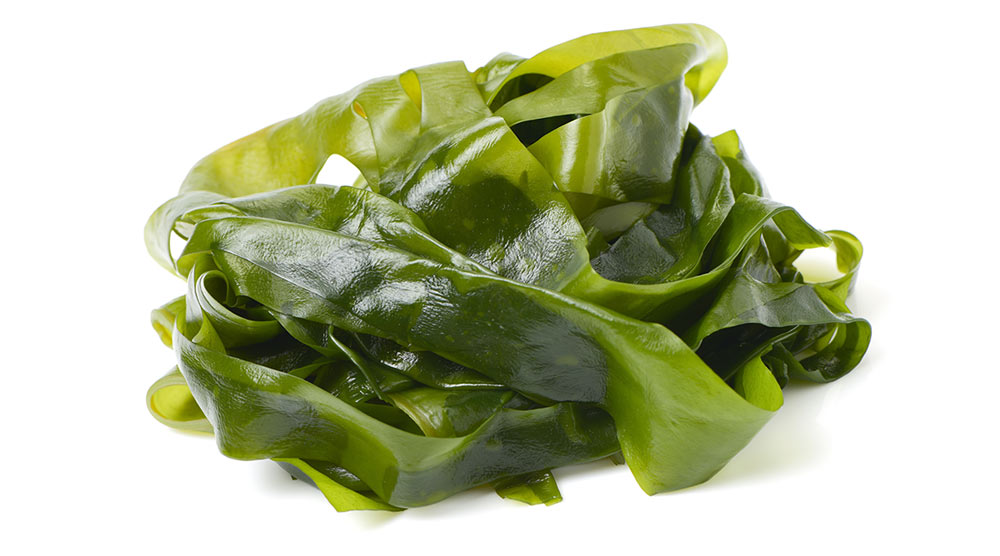Quick Answer
- Plain pork is safe for dogs to eat in moderation, as long as it doesn’t have seasoning, spices, or sauces.
- That doesn’t mean pork is healthy though. The type of fat present in pork can be hard for a dog’s digestive system to handle, which may lead to gastrointestinal problems and even pancreatitis.
- Dogs should not consume raw pork as it may contain a parasite that causes trichinosis. Pork bones are dangerous as they can splinter inside the dog.
- The high salt content in bacon and ham can also be dangerous for dogs.
Dog foods containing pork are all the rage at the moment. Pet stores stock everything from pork biscuits to pig ears, so it’s not surprising owners assume this type of meat is healthy.
Despite the wide range of products, there is debate over the healthiness and safety of feeding pork to dogs. This can be confusing for dog owners who need to know what to feed their pup.
In this article, we’ll go through the various types of pork and whether they are good or bad for your dog. We’ll also discuss how often you should feed your dog pork and whether there are more nutritious alternatives.
Contents
Can Dogs Eat Pork?
It is safe for dogs to eat pork, but only when certain conditions are met.
Plain-cooked pork without any seasoning is safe for dogs to eat – although they shouldn’t eat too much as the meat contains high fat content (more on that later).
If you plan on giving your dog leftovers, make sure it hasn’t been coated in seasoning, sauces or spice rubs. While the pork itself might be safe, seasoning often contains substances that are dangerous for canines to consume. According to the Pet Poison Helpline, these include nutmeg, garlic or onion. BBQ sauces should also be avoided, as they are often high in salt and contain garlic.
The occasional pork treat also isn’t likely to cause any harm – but you should be wary of feeding too many treats with high salt and sugar content (see the section on ham and bacon below).
Vet Tip from Dr Linda Simon: “Though nutmeg is toxic, a small amount would usually be well tolerated. If you realize your dog has managed to eat a food containing nutmeg (like a pork sausage), call your vet to discuss the amount consumed and if toxicity is likely to be an issue.”
What About Raw Pork or Bones?

Feeding your dog raw pork is definitely a bad idea. According to the CDC, uncooked pork can contain a nasty parasite called trichinella spiralis larvae. These parasites live in the muscles of infected animals and can be passed to both humans and dogs. Once infected, a dog with trichinellosis can suffer from a range of symptoms including vomiting, pain, diarrhea, fever and lethargy.
“When owners cook pork from home, I advise they cook the meat to an internal temperature of at least 160 degrees F for mince meat,” says vet Dr Linda Simon.
Cooked bones from any animal, including chicken, should never be fed to your dog. When cooked, bones become brittle and dry. This can cause them to splinter as your dog chews them, leading to internal damage and choking.
Splintering is less likely with raw bones but still possible. For this reason, we recommend buying a special dental chew treat that offers the same benefits as a bone without the danger.
“I don’t advocate either raw or cooked bones feeding, regardless of the type of meat,” says Dr Linda Simon. “I’ve seen too many cases of damage caused by bones, including broken teeth, ruptured intestines, and gut blockages.”
Can Dogs Eat Ham and Bacon?

Unfortunately, the answer is no. Preserved pork foods such as ham, bacon and sausages are high in salt. This isn’t just bad for a dog’s blood pressure and kidneys, but can also lead to increased thirst and potentially bloat.
Excessive salt consumption causes your dog to become dehydrated. If he drinks too much water, it can cause the stomach to fill with fluid and gas, leading to pressure on surrounding organs. Bloat can be fatal, which is why you should avoid feeding dogs preserved pork with high salt content.
The WHO also found in 2015 that processed meats may be linked to certain types of cancer. While this report was for humans, the effect may be the same for dogs.
For these reasons, it’s best to avoid (or at least greatly limit) giving ham, bacon, and other types of preserved pork to your dog – even as a small treat. It’s particularly important to avoid giving these foods to dogs with underlying medical issues, such as heart disease.
How Often Can I Feed My Dog Pork?

Cooked, plain pork is fine in small quantities, but it shouldn’t make up a large part of a dog’s diet. This is because pork has a high fat content which increases the risk of pancreatitis.
Pancreatitis is a condition where the pancreas (an organ near the stomach responsible for digestion and regulating blood sugar levels) becomes inflamed, causing symptoms such as vomiting, pain and fever. It can be life-threatening – especially if symptoms are not picked up quickly.
On the other hand, there may be some potential benefits to feeding pork. These include:
- Pork can be a novel protein, meaning a dog is less likely to have been exposed to it than chicken or beef. This lack of exposure can make it useful to feed during a food trial when assessing dogs for allergies or food intolerances. However, if the dog has eaten pork when they were younger, then it will not be a novel protein.
- Pork is a good source of zinc and essential B vitamins.
- Dogs tend to work hard for a pork treat because it’s smelly and palatable, meaning it’s great for positive reinforcement training.
Despite these advantages, the high fat content of pork means that there are far healthier alternatives, including chicken.
Can Dogs be Allergic to Pork?
A pork allergy is possible in dogs, although a study has shown that it’s not as common as allergies to beef, dairy, and chicken. Still, the study found that around 2% of dogs have a pork allergy, and there is always a risk that a new food can be an allergen.
For these reasons, give your pet a small amount of pork the first time he tries it. Check that he doesn’t suffer from a reaction before feeding it to him again.
Some common signs of a food allergy to watch out for include:
- Itching
- Saliva staining due to excessive licking
- Rashes or patches of sore skin
- Vomiting
- Diarrhea
Summary
Cooked plain pork without any seasoning is usually not dangerous for dogs to eat. The high fat content can be difficult for dogs to digest, however, so it can cause gastrointestinal problems or even pancreatitis if eaten too often.
Raw pork, bones, seasoning/spice rubs, sauces, and preserved pork (such as ham and bacon) all can be dangerous though. Raw pork, in particular, may contain dangerous parasites.
With the wide range of dog foods available today, we don’t think it makes sense to regularly feed pork unless advised to by your vet (perhaps because of allergies to other protein sources).
The high-fat content carries a risk of indigestion and even pancreas inflammation, which isn’t the case with alternatives such as chicken. Chicken also doesn’t have the potential carcinogenic effects of red meat.
Do you have any questions about whether dogs can eat pork? Let us know in the comments section. You may also want to read our article “Can Dogs Eat Raw Chicken?“




